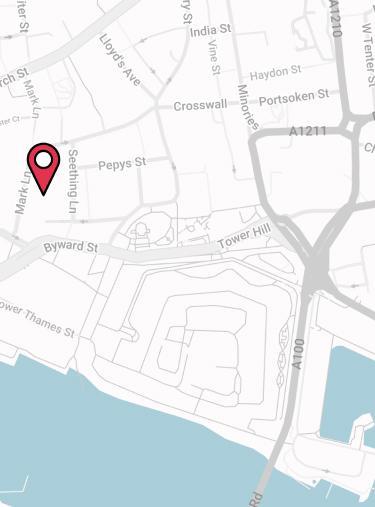A Healthier UK? Sickness Absence Rising Again…
Although the UK sickness absence rate fell during the first part of the recession and maintained a 2.1% average for the first quarter and throughout the majority of 2009, these figures were up again to 2.5% in the last quarter of 2010. This reverts back to pre-recession recorded figures of 2.5% sickness absence at work.
In essence this means that of all the employees interviewed for the Labour Force Survey, 2.5% had taken a day off sick, citing minor illness – in the week prior to the interview (minor illness being in relationship to diarrhoea, flu, general sickness, cough, colds etcetera and excludes the category “other”).
These were the main reasons cited for absence while the next most popular reasons were in men; musculoskeletal problems and back pain; and in women depression, stress, anxiety then musculoskeletal problems. When these figures are taken as a weekly average they reveal some rather surprising figures.
The Figures
In the last quarter of 2010 at a rate of 2.5% sickness absence; this adds up to a weekly average of approximately 613,000 employees absent from work. Translate this into working days and 2 million working days are lost!
The comparisons of the same time period during a recession of a 2.1% rate, invites comments which suggest that employees are more conscious of taking sick days off work when job security is a threat.
However, health specialists are also concerned that genuinely ill people force themselves to go to work over concerns regarding losing their jobs. So it is not so much a case of looking at sickness motivated absenteeism, more the phenomenon of presenteeism, which in fact provides perhaps not quite a correct result statistically.
To take the comparison even further, in the year 2000, sickness absence rates were as high as 3.4%, and this rate has dropped consistently ever since. Noticeably public sector absentee rates are without fail higher than in the private sector – in the last quarter of 2010, this was 3.1%, compared to 2.3% in private sector.
The widest gap between these two employee groups was recorded in the last quarter of 2008. Men also tend to have slightly higher sickness absence rates in the public sector, and also, public servants do not engage in the same reactions regarding wide-spread job-losses.
The percentages of women taking a spell of sickness absence from work are higher than with men across all age groups for the last decade. The age group 50 to 64 had the highest rate of 2.6% when compared with other age groups which is 2.3% for the 16 to 24 year old age group. 2.9% or 349,000 of female employees were absent from work in the last quarter of 2010.
Interestingly Northern Ireland for Q4 2010 was and has been statistically the lowest region for sickness absence for the past ten years, and this is incredibly low at a consistent 1.2% – there must be something in the water.
The East, North East, and North West of England were home to the highest rates for Q4 2010 at 2.6%.
Sales, customer service and the service industry showed the highest rates of absenteeism; managers and senior officials stood at 1.7% per cent and the lowest; while absence rates due to sickness were 27% higher covering the winter months from October to March, than they were in summer – April to September.

With sickness absence rising again, it’s more important than ever to consider a policy such as Income Protection, which will step in and pay a proportion of your wages if you’re unable to work for any medical reason.
Tom Conner
Director at Drewberry
- Topics
- Income Protection
Contact Us
125-135 Preston Road
Brighton
BN1 6AF
Cookies
Drewberry™ uses cookies to offer you the best experience online. By continuing to use our website you agree to the use of cookies including for ad personalization.
If you would like to know more about cookies and how to manage them please view our privacy & cookie policy.









